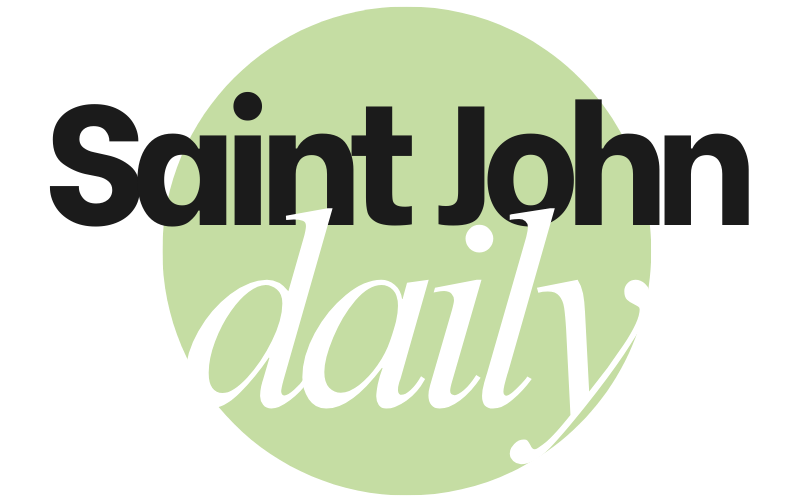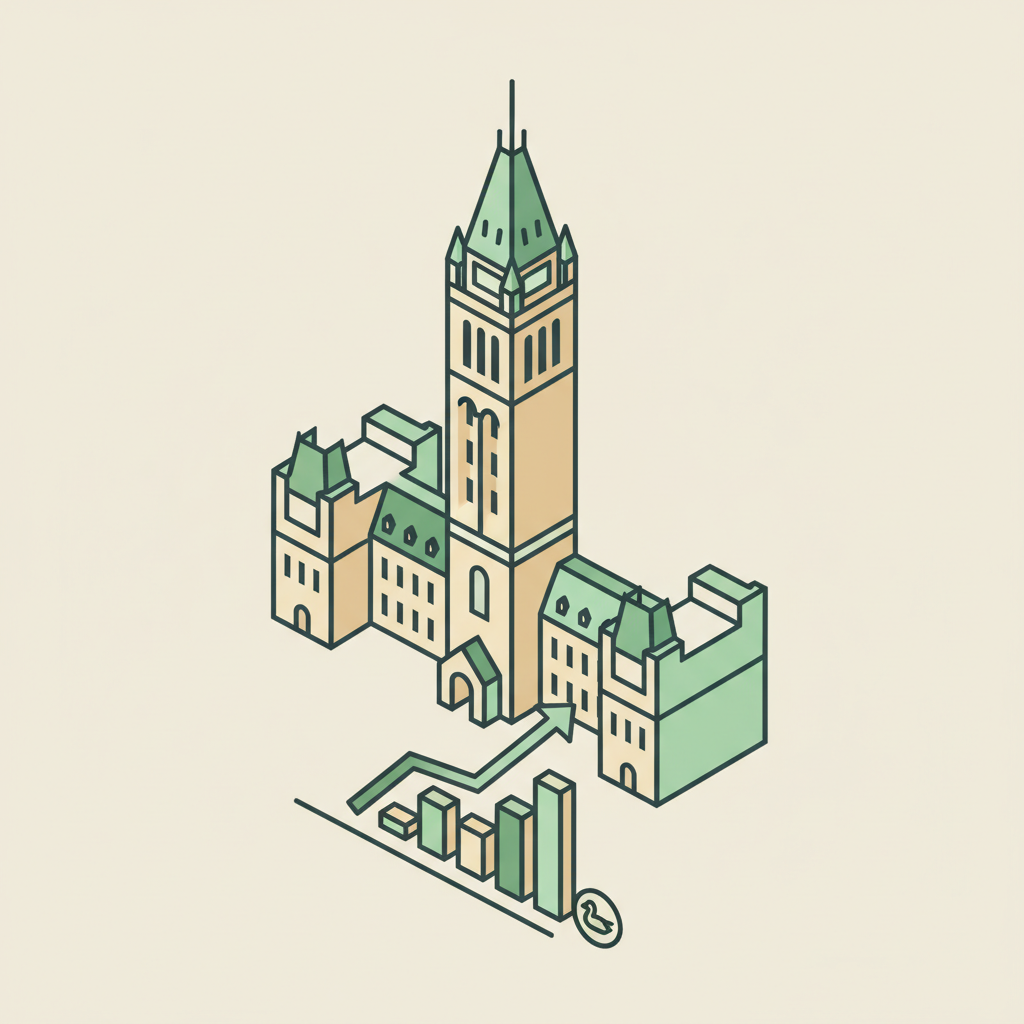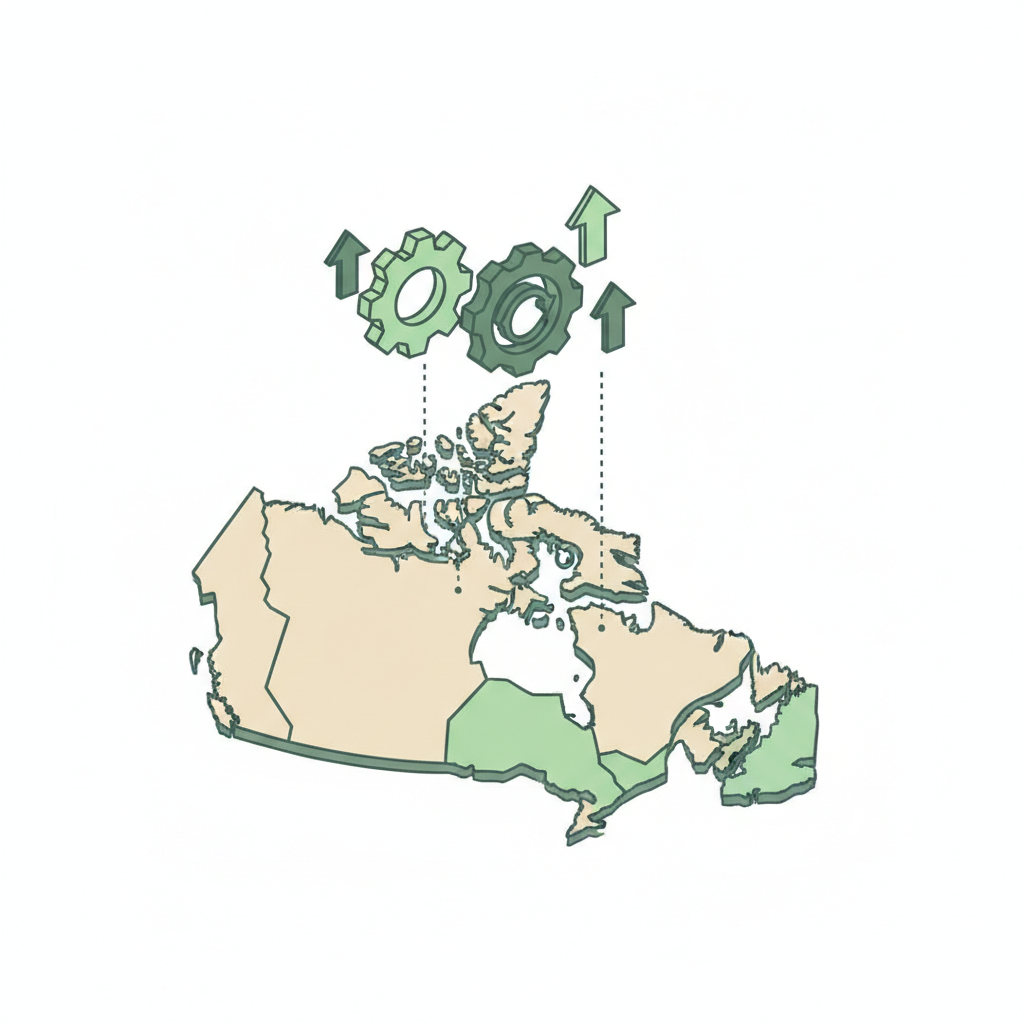As October 2025 draws to a close, businesses and residents in Saint John, New Brunswick, like those across Canada, are navigating a dynamic economic environment. With ongoing discussions around interest rates and economic stability, the importance of sound financial understanding for both individuals and enterprises has never been more critical. While specific local business developments are always top of mind for Saint John Daily readers, national initiatives that foster economic resilience play a vital role in supporting regional growth.
One such initiative is the upcoming Financial Literacy Month (FLM) in November, celebrating its 15th anniversary. Led by the Financial Consumer Agency of Canada (FCAC), FLM is a national effort to enhance Canadians’ knowledge, skills, and confidence in managing their money. This year’s theme, “Let’s Talk Money,” encourages open conversations about financial well-being, a cornerstone for a thriving local economy in Saint John and beyond.
National Initiative, Local Impact: Financial Literacy for a Stronger Saint John
A financially literate population is a cornerstone of a robust economy. When individuals and families are equipped with the skills to manage their finances effectively, they contribute to a more stable consumer base and a more resilient workforce. This, in turn, creates a healthier environment for businesses in Saint John, fostering growth and reducing economic vulnerabilities. The Bank of Canada Museum, though located in Ottawa, is a key participant in this national effort, offering a range of free, hands-on activities designed to make money management accessible and engaging for all ages.

The Bank of Canada Museum, a key player in national financial literacy initiatives.
Key Programs for All Ages and Stages
The Bank of Canada Museum’s Financial Literacy Month programming offers diverse activities aimed at different demographics, all contributing to a more financially informed populace:
- Money Fair (November 1): This community kick-off event brings together experts from various organizations, including the Financial Consumer Agency of Canada and the Canada Education Savings Program. Attendees can learn about essential topics such as taxes, savings, and fraud prevention.
- Financial Literacy Workshops (November 8–9 and 15–16): Practical sessions, hosted by the Chartered Professional Accountants of Canada, are tailored for newcomers and parents, providing valuable advice on managing money in Canada.
- Engaging Activities for Children: Throughout November, children can participate in the “Avatar Market Game,” where they learn to balance needs and wants with a budget, and “Creative Crafts” like designing financial goal-trackers and papercraft piggy banks.
- Virtual “All About Money” Presentations (November 18 and 19): Elementary students and classrooms across Canada can join these online sessions to explore the world of Canadian money, making financial education accessible regardless of location.
- Teacher Incentive: Educators visiting the Museum receive a free classroom resource kit to integrate financial literacy into their lessons, extending the reach of these valuable teachings.
For more details on these programs, Saint John residents can visit the Bank of Canada Museum’s Financial Literacy Month page.
Navigating the Broader Economic Tides
Beyond individual financial skills, understanding the broader economic landscape is crucial for businesses in Saint John. The Bank of Canada regularly releases key economic reports, such as the Monetary Policy Report, Business Outlook Survey, and Canadian Survey of Consumer Expectations. These national indicators provide valuable context for businesses to make informed decisions, adapt to changing market conditions, and plan for the future. Staying informed on these trends, available through the Bank of Canada’s press releases, helps Saint John’s business community remain agile and competitive.
Frequently Asked Questions
What is Financial Literacy Month?
Financial Literacy Month (FLM) is a national initiative observed every November in Canada. Its goal is to strengthen Canadians’ knowledge, skills, and confidence in managing money, led by the Financial Consumer Agency of Canada (FCAC).
How does financial literacy impact local businesses in Saint John?
A financially literate population contributes to a more stable and resilient local economy. Individuals with strong financial skills are better equipped to manage their personal finances, leading to more consistent consumer spending and a more stable workforce, which indirectly benefits businesses in Saint John.
Where can Saint John residents find more financial literacy resources?
While the Bank of Canada Museum’s events are in Ottawa, the initiative is national. Residents can explore online resources from the Bank of Canada Museum and the Financial Consumer Agency of Canada. The Bank of Canada’s main website also provides various publications and educational materials relevant to financial literacy and the broader economy.




0 Comments